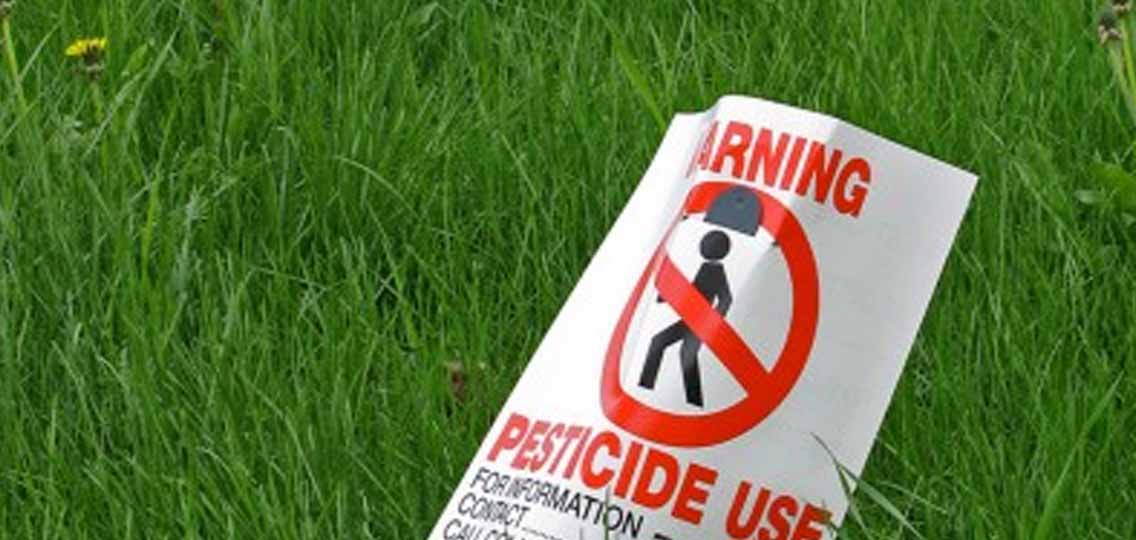On Earth Day 2014, the Manitoba government introduced legislation that will ban the sale and use of certain cosmetic pesticides. People use cosmetic pesticides to control lawn and garden weeds but they can often have harmful effects on the environment. This legislation, when enacted, will reduce Manitobans’ exposure to toxic pesticides and protect people, pets and wildlife populations from serious health and environmental risks.
In 2011, when the Manitoba Round Table for Sustainable Development urged the province to ban the use of cosmetic pesticides near water and “all urban and rural areas.” Ecojustice lawyer Kaitlyn Mitchell, who was born and raised in Manitoba, was already following the issue. She published an op-ed, Dandelions aren’t dangerous, in the Winnipeg Free Press and began working with a wide range of groups, including the Canadian Association of Physicians for the Environment and Cosmetic Pesticide Ban Manitoba.
Ecojustice shared information about the campaign and helped dispel myths about similar cosmetic pesticide bans in other provinces and municipalities. Kaitlyn also consulted with Gord Mackintosh, Manitoba’s Minister of Conservation and Water Stewardship, about what strong legislation would need to include to have an impact.




